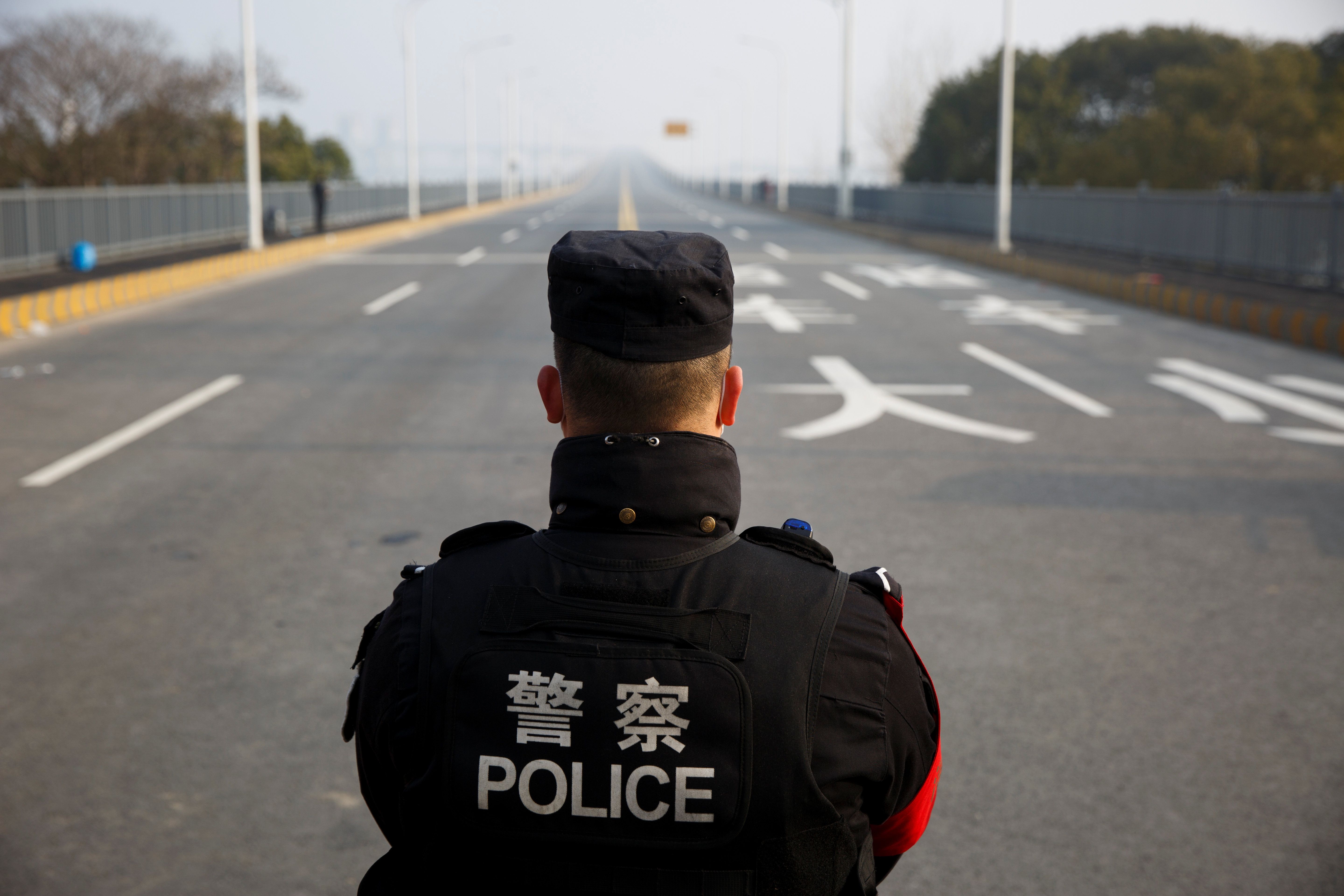February 03, 2020
80: El Salvador has one of the highest rates of femicide in the world, with one woman murdered on average every three days in 2019, and 80 percent of those crimes go unpunished. The recent high-profile murder of a Salvadoran journalist by her boyfriend prompted the government to declare femicide a national emergency.
300 million: The isolation of China's Hubei province, the epicenter of the coronavirus, is pushing its flock of more than 300 million chickens to the "edge of death," the region's poultry association said. Blocking transport in and out of Hubei has disrupted crucial shipments of animal feed supplies, and if this trend continues, most farms in the province will likely run out by the end of the week.
600: As Islamist violence continues to cripple Africa's Sahel region, France announced the deployment of 600 more soldiers to the Sahel, adding to the 4,500 French troops already stationed there. The reinforcements will deploy primarily to areas along the borders of Mali, Burkina Faso, and Niger, which jihadists have used as launchpads for attacks.
6: Turkey launched fatal airstrikes against Bashar al-Assad's forces in northwestern Syria Monday, after six Turkish soldiers were killed by Syrian shelling in Idlib province. Russia, a major backer of the Assad regime, said it wasn't warned about the retaliation – Turkey says Russia shouldn't stand in the way anyway.
More For You
Most Popular
Think you know what's going on around the world? Here's your chance to prove it.
PA via Reuters Ukraine's Vladyslav Heraskevych, with his helmet, which features pictures of people killed in the war with Russia. Heraskevych was ruled out of the Men's Skeleton event by the International Olympic Committee just over an hour before competition began, pictured at the Cortina Sliding Centre, on day six of the Milano Cortina 2026 Winter Olympics, Italy. Picture date: Thursday February 12, 2026.
20: The number of fallen Ukrainian athletes and coaches depicted on a Ukrainian skeleton racer’s helmet at the Winter Olympics, which prompted the International Olympic Committee (IOC) to disqualify him on Thursday.
Russian President Vladimir Putin attends his annual end-of-year press conference and phone-in in Moscow, Russia December 19, 2025.
Sputnik/Alexander Kazakov/Pool via REUTERS
The Russian government has begun blocking the popular messaging apps WhatsApp and Telegram in a sweeping crackdown aimed at forcing Russians to use a state-backed alternative called MAX, which critics say would enable censorship and surveillance.
© 2025 GZERO Media. All Rights Reserved | A Eurasia Group media company.
